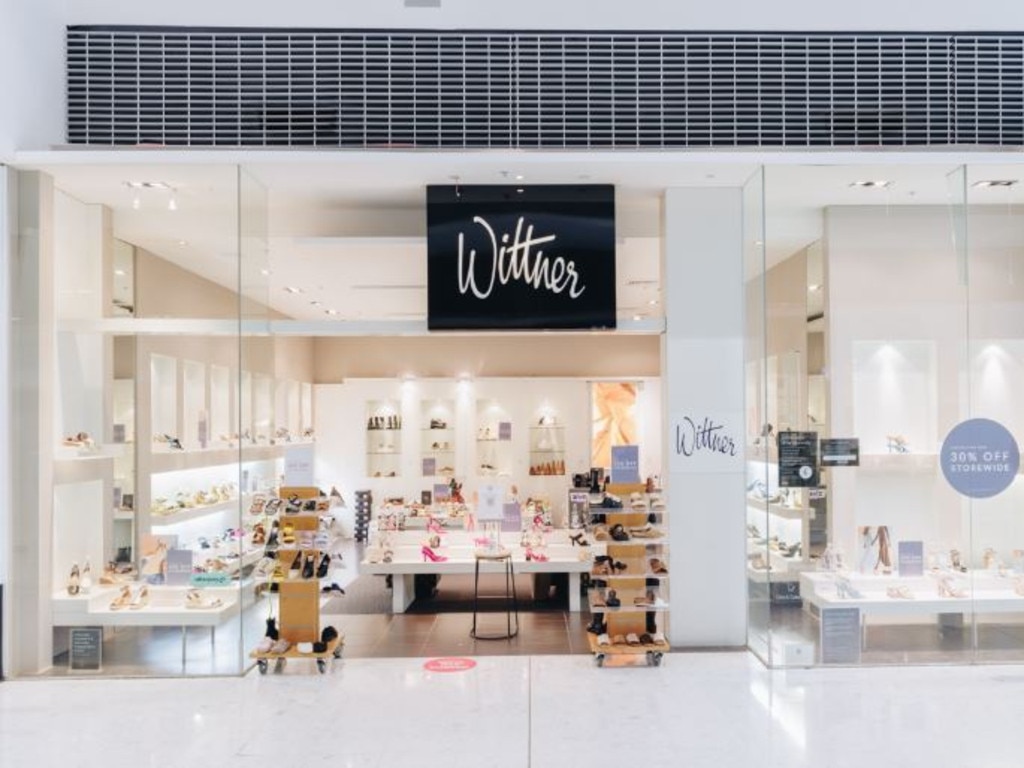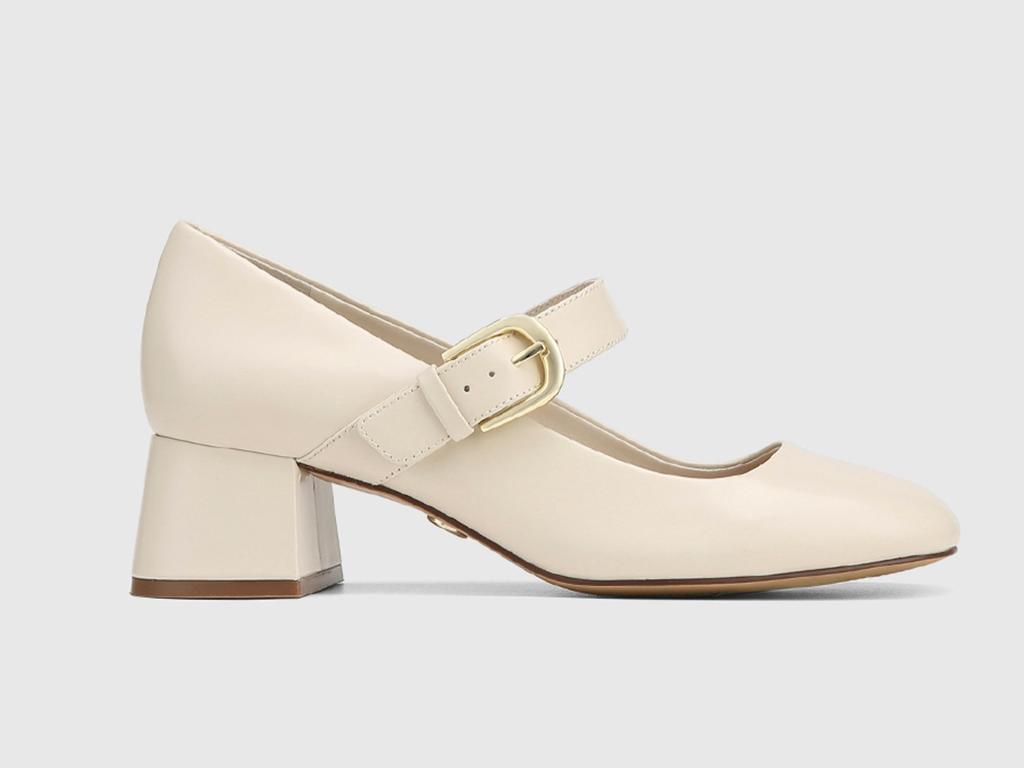Women’s footwear icon Wittner goes into administration
Australia’s first mail-order shoe business has given a sad update after over a century surviving two world wars and the invention of the internet.
Women’s footwear icon Wittner has collapsed into administration after more than a century in business.
The brand — once a go-to for heels and boots — has joined the sad list of legacy retailers unable to outrun the modern cost base or digital tide.
Founded in 1912 as the country’s first mail-order shoe business, Wittner survived two world wars and the invention of the internet … but not the rent.
Deloitte’s Sal Algeri and David Orr have been appointed as administrators and will now attempt the equivalent of a corporate resuscitation.
“We understand the appointment of administrators will be particularly concerning to Wittner’s employees, as well as the very loyal customer base it has built over decades,” Algeri said.
“Please be assured that trade will continue on a business-as-usual basis as we conduct an urgent review of the group’s finances.”
Wittner’s current owner, UK-based “special situations” investor Hilco Capital acquired Wittner’s debt in 2020 and converted it into a majority equity stake two years later.

The firm recently added Cue Clothing to its growing list of distressed Australian fashion labels.
In a statement, a Hilco spokesman claimed the firm had been “the only funder” of Wittner since the takeover, with hopes of turning around “this much-loved Australian business.”
“Hilco will work closely with the administrator to seek to ensure the best outcome possible for staff and creditors,” the spokesman said via the Australian Financial Review.
That will be cold comfort to the hundreds of employees across more than 20 Wittner stores and 25 department store concessions in David Jones and Myer, not to mention the backroom teams behind its online business and third-party presence on The Iconic.

The collapse follows the grim retail procession of recent months. Mosaic Brands began shutting down its final two labels, Millers and Noni B, cutting 900 jobs.
Jeanswest also fell into administration again, leaving over 90 stores and hundreds of staff in the lurch. If there’s a retail apocalypse, it seems it’s wearing loafers.
Wittner’s management insists the business isn’t dead yet, citing growth in online sales and expanded presence in Myer stores. But it wasn’t enough to counteract what it described as a “soaring wage and rent bill” — the familiar corporate death rattle of legacy retail.
“We have invested in our range and teams over the last 12 months and remain committed to the Wittner business. We will work closely with the administrators to achieve the best outcome for the business,” the statement read.



